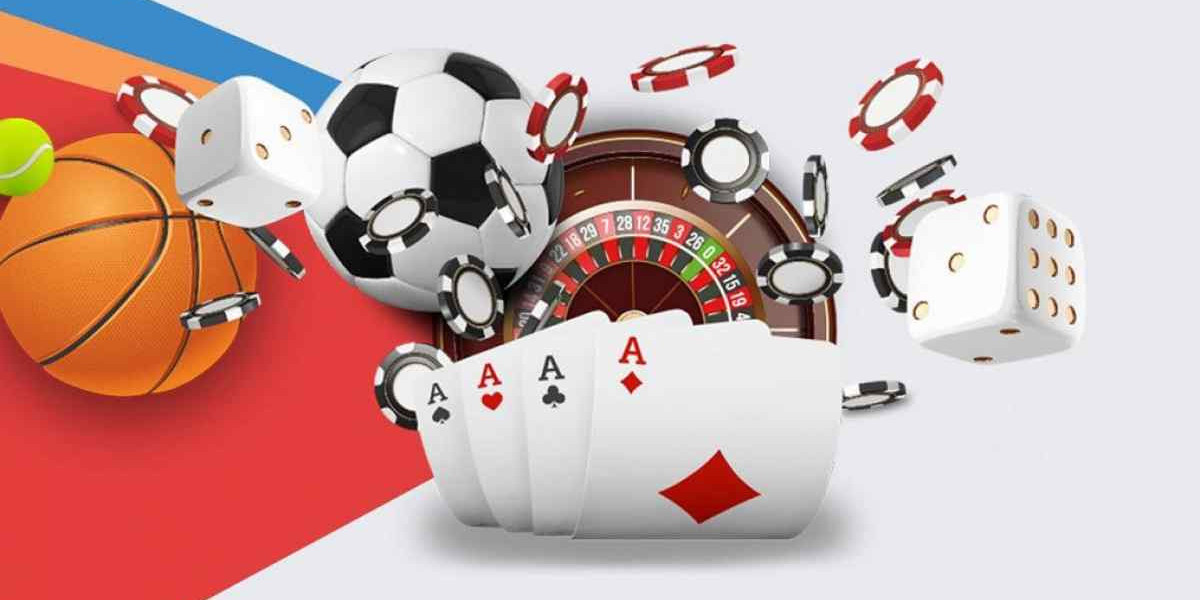Understanding Private ADHD: Insights, Challenges, and Treatment Options
Attention-Deficit/Hyperactivity Disorder (ADHD) is a neurodevelopmental disorder that impacts countless individuals worldwide. While ADHD has acquired acknowledgment in public health conversations, lots of still come to grips with its private ramifications-- how it affects everyday life, relationships, and individual advancement. This short article looks into the often-overlooked elements of Private ADHD, exploring its signs, effects, treatment choices, and ways individuals can manage their condition successfully.
What is ADHD?
ADHD is identified by a relentless pattern of negligence and/or hyperactivity-impulsivity that hinders operating or advancement. Diagnosed in youth for many, ADHD can continue into adulthood, impacting numerous elements of life.
Signs of ADHD
Signs can vary extensively amongst individuals and can be classified into 2 primary groups: negligence and hyperactivity-impulsivity.
Negligence Symptoms
- Difficulty maintaining attention in jobs or play
- Regular negligent errors in schoolwork or other activities
- Trouble organizing tasks and activities
- Avoiding tasks that need continual mental effort
- Forgetfulness in daily activities
Hyperactivity-Impulsivity Symptoms
- Fidgeting or tapping hands/feet
- Failure to stay seated in scenarios where it is anticipated
- Running or climbing in unsuitable situations
- Talking exceedingly
- Interrupting others or intruding on their conversations
Private ADHD: A Personal Impact
While ADHD can be detected in a clinical setting, its results are typically profoundly personal. Those living with ADHD might experience a variety of difficulties in private life, which can include:
- Emotional Distress: Individuals may deal with anxiety, low self-esteem, and aggravation due to their symptoms.
- Social Challenges: Impulsivity can lead to stretched relationships with friends and family. Remaining engaged in conversations might be challenging due to the fact that attention spans can vary.
- Academic and Professional Struggles: Productivity can suffer, making academic or profession improvement challenging. People may struggle to satisfy assigned due dates or follow through on tasks.
- Way of life Management: Organizing everyday tasks, handling time successfully, and maintaining routines can be overwhelming.
The Importance of Diagnosis and Treatment
Accurate diagnosis is important for effective management. Experts normally carry out thorough assessments that may include:
- Comprehensive interviews and evaluations
- Standardized questionnaires
- Input from member of the family and educators
When identified, treatment choices can be customized according to specific needs, typically including a combination of medication, therapy, and lifestyle changes.
Treatment Options for Private ADHD
Medications
- Stimulants (e.g., methylphenidate, amphetamines)
- Non-stimulants (e.g., atomoxetine)
Therapy
- Cognitive Behavioral Therapy (CBT)
- Behavioral interventions
- Training and abilities training
Way of life Changes
- Structured regimens to improve company
- Exercise to enhance state of mind and attention
- Mindfulness and relaxation methods
Diet and Nutrition
- Well balanced diet to support total health
- Omega-3 fats have actually shown some guarantee
Technology Aids
- Apps developed for task management and pointers
- Wearable gadgets to track activity and sleep
Coping Strategies for Individuals with Private ADHD
Individuals diagnosed with ADHD can execute a number of coping techniques to manage symptoms efficiently:
- Prioritize Tasks: Use lists and prioritization techniques to organize daily obligations.
- Set Timers: Break jobs into shorter intervals, such as using the Pomodoro Technique.
- Reduce Distractions: Create a conducive environment for work and study-- this can include quiet spaces, restricting phone usage, and decreasing noise.
- Establish Routines: Regular regimens can assist in handling everyday activities better.
- Look for Support: Connecting with support system or speaking with a peer can use encouragement and understanding.
Often Asked Questions (FAQs)
What is the distinction between ADHD and ADD?

- ADHD includes symptoms of hyperactivity and impulsivity, while ADD (Attention Deficit Disorder) generally describes the neglectful discussion without popular hyperactivity.
Can adults develop ADHD later in life?
- adhd private Diagnosis london (https://www.nedlaurey.top/health/understanding-adult-adhd-assessment-a-comprehensive-guide) is frequently diagnosed in childhood, however signs can persist or end up being more obvious in adulthood. It's likewise possible for adults to be identified if their symptoms manifested unnoticed during childhood.
How is ADHD detected?
- ADHD diagnosis normally involves a comprehensive examination by a mental health specialist, including interviews, behavioral descriptions, and input from people close to the person being assessed.
Exist any natural solutions for ADHD?
- Some individuals seek natural treatments, consisting of dietary changes, workout, and mindfulness practices. However, it is vital to seek advice from healthcare specialists before attempting them.
Is ADHD caused by poor parenting?

- NO, ADHD is a neurodevelopmental disorder with intricate hereditary and environmental factors. While parenting may affect a kid's habits, it does not trigger ADHD.
Comprehending Private ADHD is vital for acknowledging the personal impacts and challenges dealt with by individuals diagnosed with the condition. With appropriate diagnosis and tailored treatment strategies, individuals with ADHD can effectively manage their symptoms, causing improved lifestyle. Moreover, proactive coping strategies and support systems play an important function in browsing the intricacies of coping with ADHD. Through awareness and education, society can foster a more supportive and understanding environment for those impacted by ADHD.
Summary Table of ADHD Treatment Options
| Treatment Type | Examples | Advantages |
|---|---|---|
| Medications | Stimulants (methylphenidate, amphetamines) | Improved concentration and minimized impulsivity |
| Non-stimulants (atomoxetine) | Fewer negative effects, longer-lasting relief | |
| Therapy | Cognitive Behavioral Therapy (CBT) | Helps in developing coping techniques |
| Coaching and skills training | Enhances company and time management | |
| Way of life Changes | Structured routines, workout | Greater general well-being and improved focus |
| Diet and Nutrition | Well balanced diet plan, omega-3 fatty acids | Supports brain health |
| Innovation Aids | Job management apps, wearable gadgets | Assists in keeping arranged |
By promoting a much deeper understanding of Private ADHD, people can empower themselves and others, promoting social approval and personal durability in the face of this typical neurodevelopmental condition.








